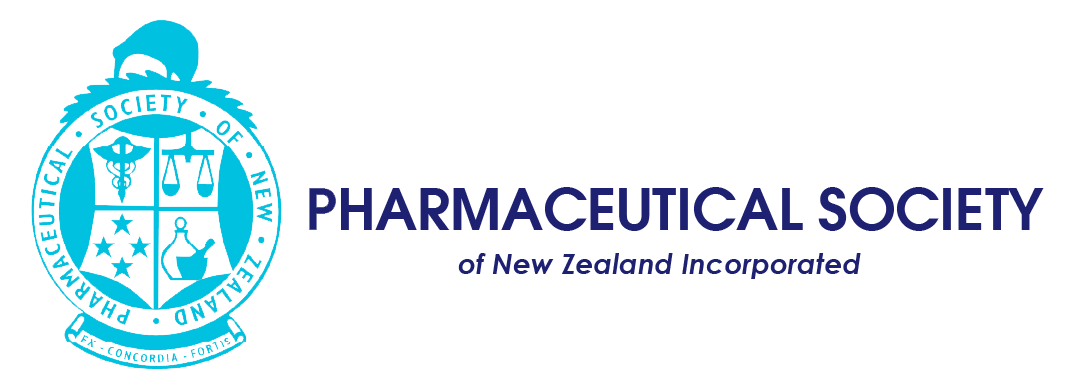PACT training is about the “sustainability” of the profession
Providing better patient outcomes and improving healthcare equity was at the front of mind for Pharmacy Accuracy Checking Technician (PACT) programme participants this week.
This week, the Society hosted just over 20 technicians and pharmacist preceptors in the PACT programme as it continues to deliver the training.
PACT Pharmacist Educator Ann Privett said everyone was engaged and switched on.
The PACT technicians were enthusiastic about the opportunities further education can open for them and the wider teams they work in.
“The training also gave them an opportunity to meet their peers. They quite often don’t get to sit in a room with other techs the way that pharmacists get to meet their peers. The training creates that peer support group – the collegiality.
The PACT preceptor pharmacists understand they are engaged with growing the workforce and they’re looking forward to helping their assigned technicians.
“They understand the impact upskilling their team will have. If technicians can help in the dispensary, that means with the ever-increasing range of services pharmacies can offer, that will free up clinical pharmacists to focus on other work.”
Senior dispensary pharmacist Marie Lu, of Auckland, said they took the opportunity to train to be a preceptor to help develop the pharmacy workforce.
“I want our techs to progress in their careers.”
A PACT in the workplace means the pharmacist can be freed up to do more clinical checks and reviews for patients.
Becoming a PACT preceptor is about helping with staff retention at her workplace but will have a broader impact on the wider pharmacy workforce, she says.
“This is for the sustainability of the profession.”
This will be the first training role Marie takes on.
“This is a new step for me. I’m not really good at giving negative feedback. I want to be able to give constructive feedback and help my trainee.”
She was looking at leaning on the teaching she took away from the person who trained her into how she would teach her tech.
Community pharmacist Alan Lu, of Hamilton, said he wanted to support his pharmacy’s technician to further their education.
“It has been initiated by the technician themselves. They’re motivated. I want to help them out.
“It’s going to make the process a lot smoother. It’s going to benefit the four pharmacies in our group.
“A big proportion of our dispensary is blister packs so having them be able to check them will free up the rest of us.”
Clinical pharmacist Joshua Gale, of Timaru, said he wanted to train to be a teacher so he could make sure that those who learnt under him had the best possible chance to learn in an encouraging environment.
He said the need to learn to trains PACTs was driven home to him recently when the one he worked alongside had talked about retiring.
“We need more. We don’t want to lose the one we have or else we’re scarpered.”
Having a PACT saves the wider pharmacy team time so they can then allocate time to services, vaccinations, chase up doctors, and research clinical issues.
Ann said there are a lot of reasons why pharmacy workplaces should send their teams to upskill. PACT training can help alleviate staff shortages, add to the professional development programme of staff which could make that workplace more attractive to job seekers, and the chance to build a stronger pharmacy community to help drive initiatives that made pharmacy a career of choice.

